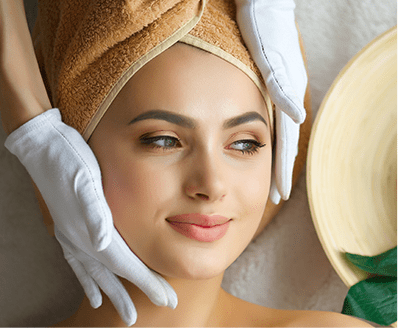

Nov 29, 2022
Body care is often overlooked. But did you know having a body care routine might save you a fortune in the future?...

Nov 29, 2022
With television, social media, and every media possible bombarding you with all kinds of “holy grails” for youthfu...

Nov 29, 2022
Make way for well-aging
We are all invariably aware that there is no running away from aging; botox, or ...